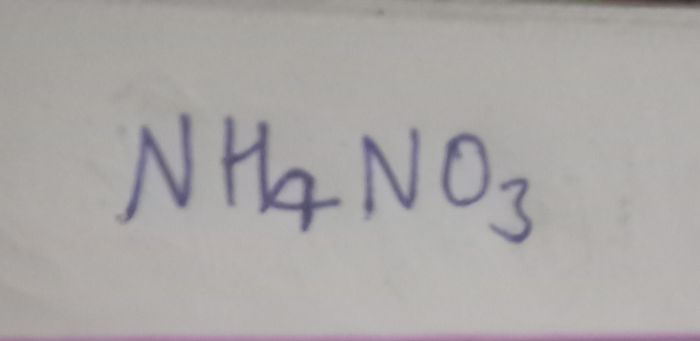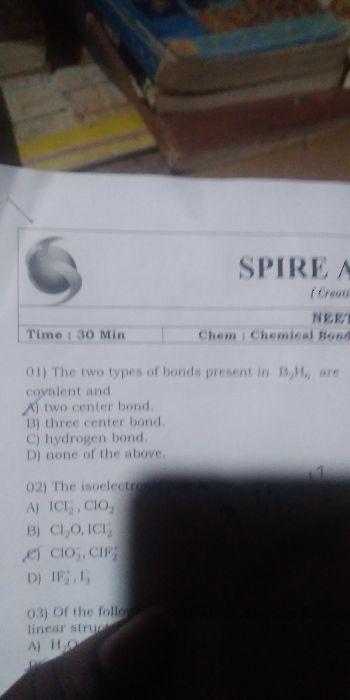CBSE Class 12-science Answered
Anomalous means deviating from the normal or usual order. Or in other words, elements in the same group/period show some properties different from the group/period to which they belong.
For example, elements of 1st group (alkali metals) show similar properties, but lithium shows anomalous behavior. For example the following properties of lithium show that it is different from other alkali metals.
1. Li is harder and has high melting and boiling points.
2. Strongest reducing agent, forms Li2O and Li3N by reacting with air
3. LiCl is deliquescent and crystallizes as a hydrate, LiCl. 2H2O.
4. LiHCO3 does not exist as solid.
5. Does not form ethynide with ethyne.
6. On heating, lithium nitrate decomposes to oxide while nitrates of other alkali metals decompose to nitrites.
7. Fluoride and oxide are less soluble in water.
8. Li shows diagonal relationship to Mg.










